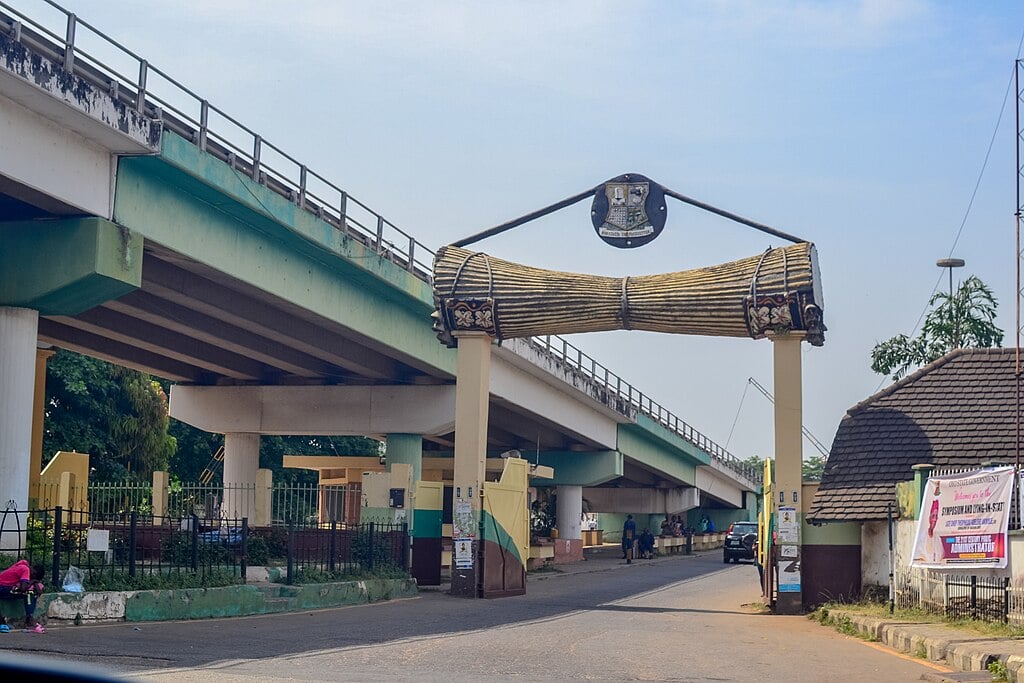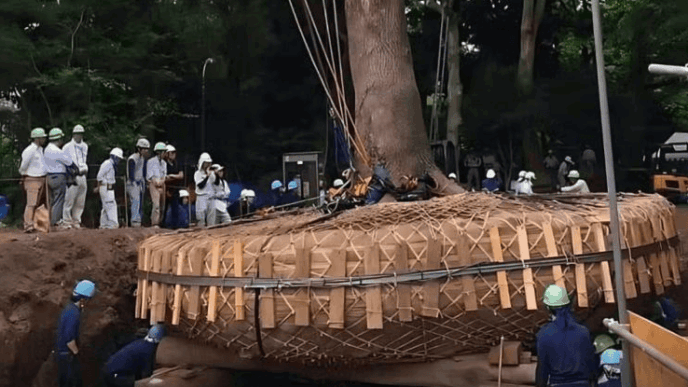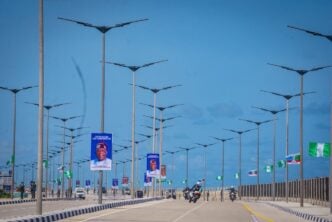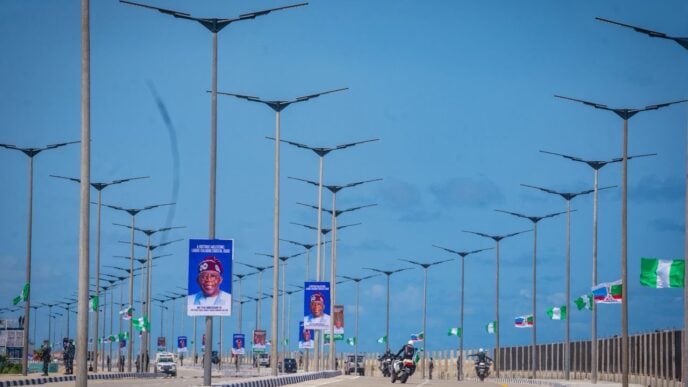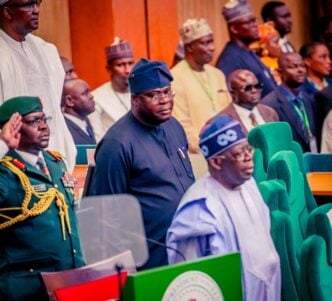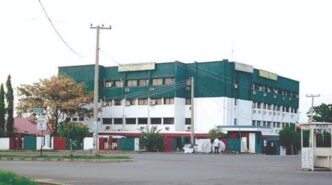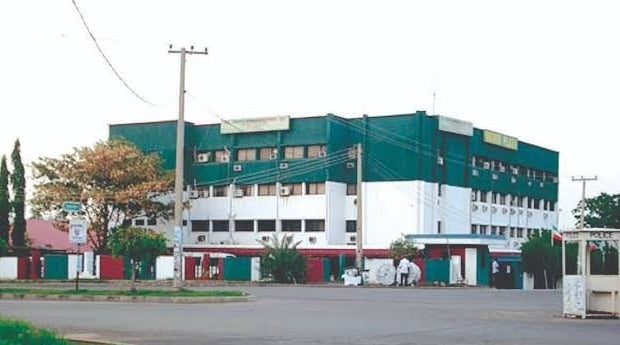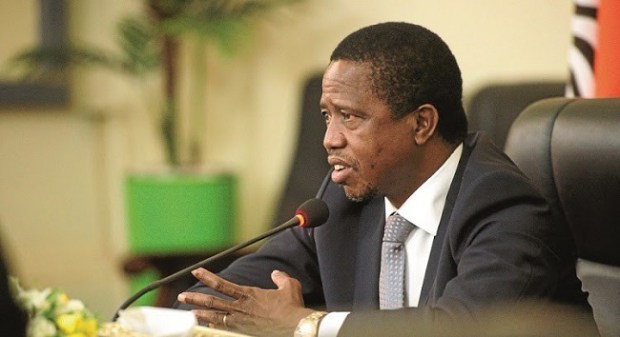BY ADISA ATOLAGBE
Governor Seyi Makinde’s proposed ₦63.4 billion renovation of the Oyo state government house has ignited a wave of public backlash and provoked intense scrutiny of governance priorities. Coming into government in 2019 and projecting itself as a progressive administration committed to people-centred policies, Makinde’s administration, already faced with land grabbing allegations, now confronts accusations of misplaced priorities and governance detachment.
Oyo state, with its rich cultural legacy and strategic geographical position, remains stifled by systemic underdevelopment. A significant portion of its rural and peri-urban populations live without access to quality education, potable water, functional healthcare, or reliable infrastructure. The road networks in agrarian zones like Ibarapa and Oke Ogun, and other local government areas, are dilapidated, cutting off farmers from markets and stifling economic activities. Primary healthcare centres are often under-resourced, and public schools remain decrepit, overcrowded and underfunded.
Despite these deficits, the state possesses considerable economic potential. A logical policy approach would allocate state resources toward scalable, grassroots initiatives to increase food production, stimulate agro-allied industry to reduce rural employment, including providing basic amenities. Instead, the ₦63.4 billion allocated for executive luxury risks widening existing disparities.
Advertisement
The scale of the proposed renovation—not merely its cost—is emblematic of administrative tone-deafness. Oyo state’s poverty incidence surpasses 40%, and basic public services are in disrepair. The allocation of ₦63.4 billion to a largely symbolic structure is indefensible under such conditions. It is estimated that this amount could fund 640 well-equipped primary health centres or provide vocational training and grants to tens of thousands of youths and women.
Comparatively, the figure overshadows several years’ worth of education and healthcare budgets, underscoring the disproportionality of the proposed spending. There has been no public disclosure of structural deficiencies that justify this scale of renovation. If the renovation of the government house will cost N63.4 billion, how much will constructing a new one cost? Thus, the project not only appears extravagant and wasteful but is fundamentally disconnected from the lived realities of the state’s population.
Good governance is characterised by transparency, responsiveness, and the ethical deployment of public resources. A central ethical concern in this case is the prioritisation of luxury for a political elite over public welfare. There is no public evidence of stakeholder consultations, feasibility studies, or community needs assessments to support the project.
Advertisement
Furthermore, the decision raises critical ethical questions about empathy and accountability in public leadership. A government house is primarily a symbol of executive power, not a developmental necessity. In a democracy, optics matter. Renovating an already functional Government House amid widespread poverty sends a message of elite insularity and administrative hubris.
Public finance decisions in governance are shaped by opportunity costs—choices about what investments are foregone in favour of others. The proposed ₦63.4 billion could have been strategically invested in reactivating local industries, rural electrification, modernising educational institutions, or boosting public healthcare infrastructure. Such investments would not only yield long-term socio-economic dividends but also directly impact livelihoods.
Budgeting some of the ₦63.4 billion on relevant projects is capable of stimulating a rural agricultural renaissance, creating jobs, strengthening food security, and reducing crime through economic empowerment
The backlash from different segments of society, ranging from civil society organisations and community leaders to student unions and the general public, is a reflection of heightened public awareness and a growing demand for participatory governance. Citizens are no longer passive recipients of top-down decisions; they are increasingly vocal in challenging decisions that sidestep democratic norms and socioeconomic imperatives.
Advertisement
This controversy may mark a turning point in Makinde’s political legacy. Unless reversed, the renovation could define his administration as a government that loves to indulge in fiscal indulgence.
The proposed ₦63.4 billion Government House renovation stands as a cautionary tale of how political symbolism can eclipse developmental urgency. It exposes the chasm between executive choices and the existential struggles of citizens. Governor Makinde’s reputation is at risk of forever being eclipsed by this decision and some recent ones that, by many metrics, symbolise elite detachment and administrative myopia.
True governance legacy lies not in architectural grandeur but in measurable improvements in human capital, welfare, and opportunity. A redirection of the ₦63.4 billion toward education, healthcare, agriculture, and infrastructure would produce ripple effects of development and restore public confidence in governance.
The administration should halt the renovation project, or at the very least scale it down considerably and prioritise the welfare of the people rather than cosmetic projects that have no public value. Citizens should have a say in how their resources are allocated. By listening to the people, the government can rediscover its moral compass—and perhaps, its mandate.
Advertisement
Atolagbe, an economist, lives in Ibadan, Oyo state
Advertisement
Views expressed by contributors are strictly personal and not of TheCable.
